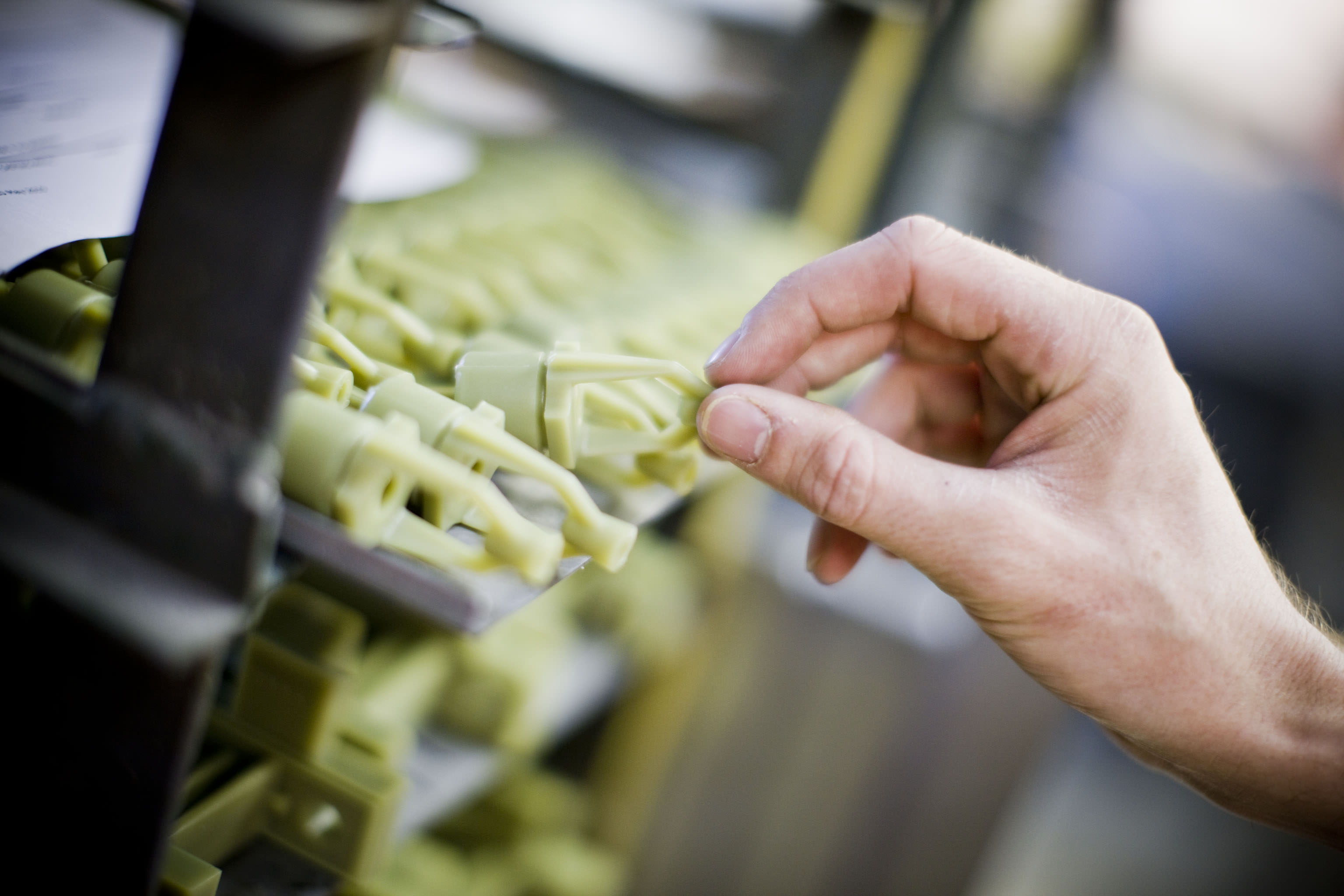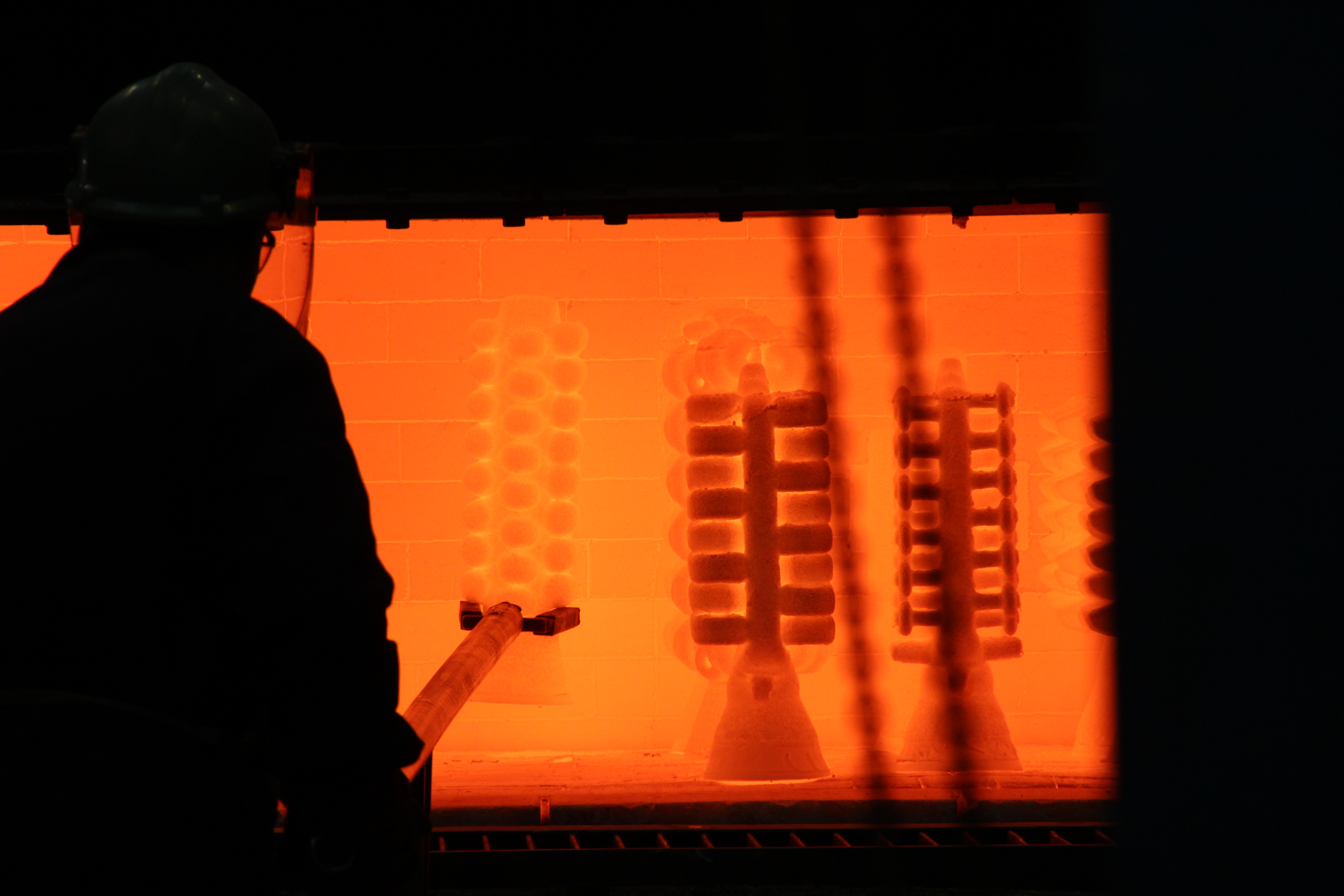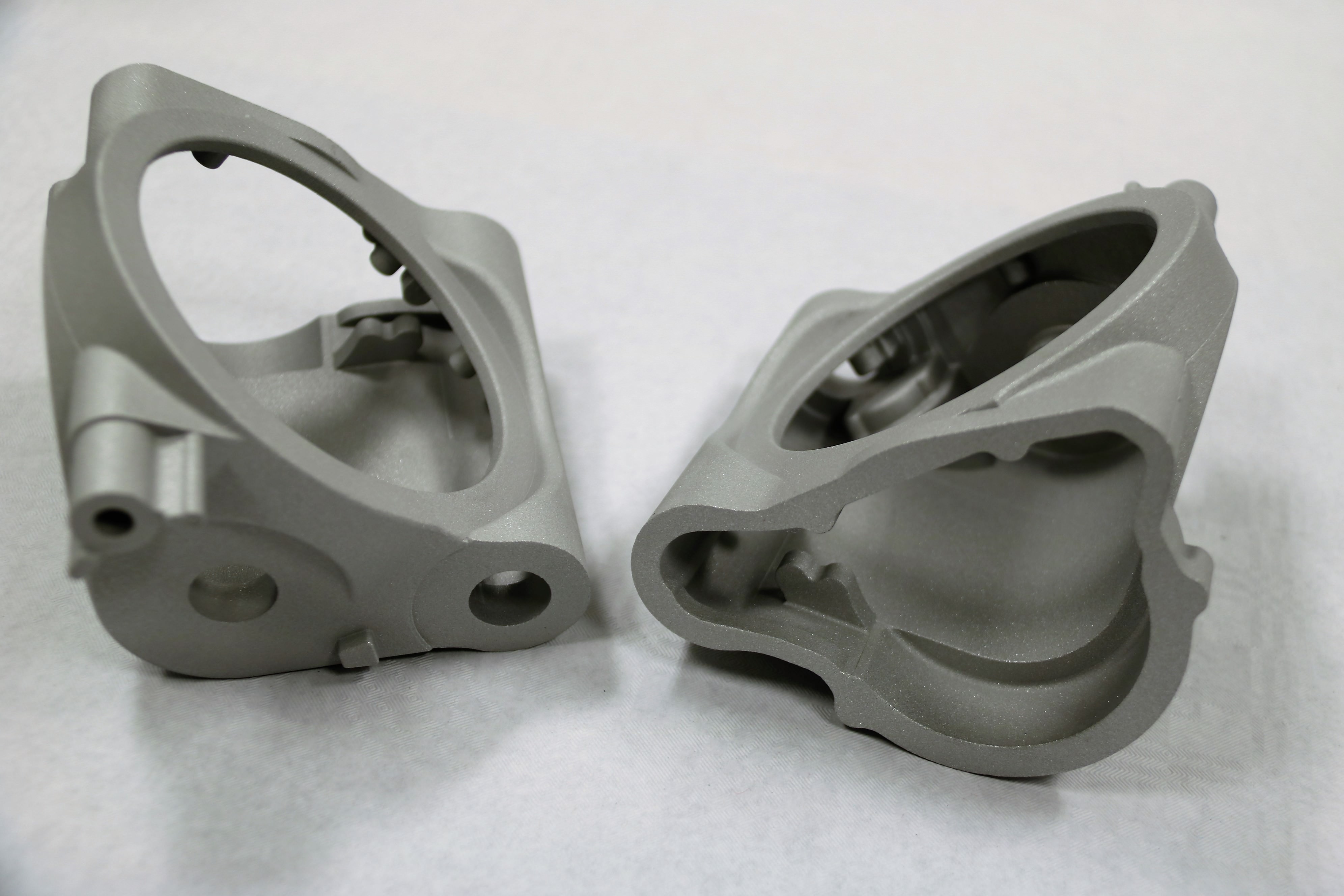When to Use Investment Casting
When it comes to production of components with high accuracy, repeatability and cast integrity, this method is very popular in manufacturing. The process can be used to create a wide variety of parts for a large array of industries and sectors, such as oil and gas, automotive aerospace, defence and general industry.

However, considering that each project we undertake here at Dean Group is unique and there isn’t a one-size-fits-all solution, each case will be different. This means that this method of casting may not be suited for all projects. So, when is it the best option? Below, we take a look at when this process should be used.
When You Need Medium to High-Volume Orders
Investment casting is a great option if you need the same part time and time again. After all, this process offers consistency and repeatability because there is virtually no tool wear. In addition, it is often the process of choice for projects that require a medium to high volume of orders – this saves both time and labour costs, seeing as it eliminates the need for secondary machining.
When You Require High Precision Parts
If you’re looking for a great degree of precision, investment casting – also called precision casting – is the best choice. Parts created with this process have great dimensional accuracy, as well as complex shapes, and we can easily add details such as holes, lettering, threads and serrations depending on customer’s requirement. With this type of casting, you also get tight tolerances perfect to meet the needs and requirements of your project. Dean Group work to the international CT standard ISO 8062-3: 2007, with linear dimensional casting tolerances (DCT) ranging from DCTG 4 to DCTG 12.

When You Need a Vast Range of Sizes
Different industries will have different requirements when it comes to parts and components used. Investment casting allows you to obtain the right part in the right size, whether it weighs 3g or 23kg. Of course, there is some limitation to the sizes that can be cast because the wax patterns need to be secured for repeated dipping in ceramic. Be it small or large casts, however, this process always maintains the ability to offer intricacy, precision and tight tolerances.
When Using a Large Variety of Materials
With this type of casting, your parts or components can be cast in several different metals, both ferrous and non-ferrous. The process offers a larger number of material options than other methods, such as die casting, which tends to focus more on non-ferrous metals such as lead, copper or zinc. With investment casting, we can cast your parts from metals like aluminium, stainless steel, Nickel based, copper based, vacuum alloys and bronze. Additionally, precision casting makes it easier for us to cast alloys that could be a challenge to machine otherwise. You can learn more about the metals we use at Dean Group on our materials page.
When You Want to Achieve Smooth Surface Finishes
There are several reasons why precision casting is an extremely popular casting method. One of them is its ability to achieve finer quality finishes than other methods, which is a requirement for a wide selection of industries and markets. For example, the aerospace sector works with highly precise parts in engines that need to be as smooth as possible due to the nature of their application. Die casting can also achieve a good surface finish but often requires secondary machining in order to achieve the desired outcome, whereas with investment casting this is usually not the case. This method can achieve near net shapes with either very little or no machining.
When You Require an Overall Low Cost
While investment casting tends to be a more expensive process than die casting due to producing superior dimensionality and great precision, the final costs make it more than worthwhile. The process can achieve the desired complexity in your parts and components without wasting material and most investment castings will require only minimal machining, which will save time and money.
Costs can also be cut down by the excellent surface finishes the process offers, which eliminates the need for secondary machining and tooling. So, while the initial cost can be a little more expensive than with other methods, this is offset by the final product.

In the manufacturing industry, there are several different casting processes that can help you to obtain the parts and components you require for your project – and which meet the demanding standards of your industry. Investment casting is one of them. At Dean Group, we have specialised in this method for more than 45 years and even developed our own over time, the aluminium investment casting ELITE process.
Get in touch with us to learn more about how we can help you create the perfect parts for your project with our high-integrity, high-precision casting processes.
Registered in England VAT No: 146307478 Company Registration No: 1062820




